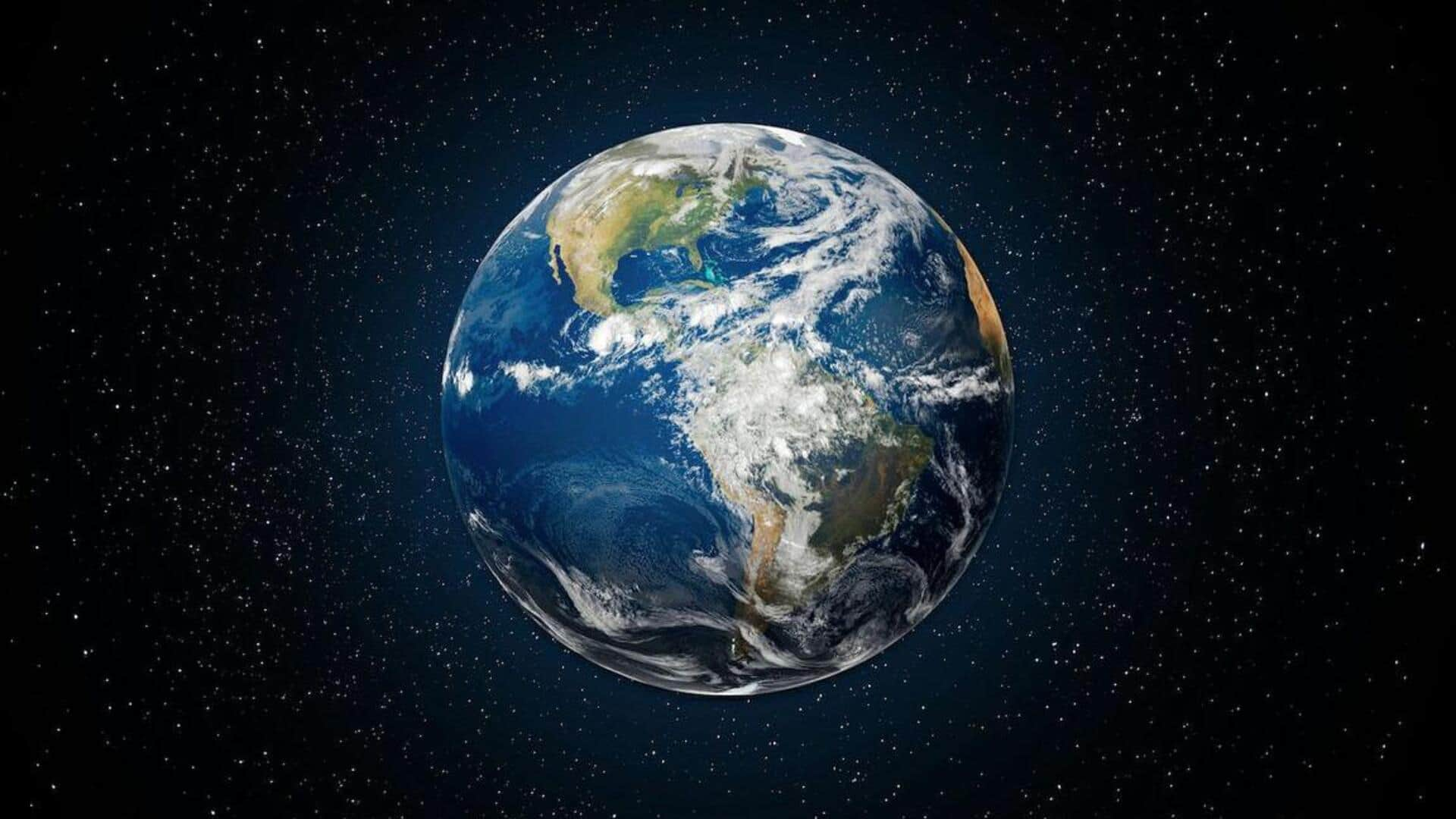
Why tomorrow will be one of the shortest days ever
What's the story
A strange shift in Earth's rotation is making our days milliseconds shorter. Tomorrow, the day on Earth will be slightly shorter than the usual 24 hours. This will make it one of the shortest days of 2025 and since records began. The day will be just 1.25 milliseconds shorter than the standard duration, which won't be noticeable to most people but is part of a puzzling trend that has scientists scratching their heads: Earth's spin is speeding up.
Rotation explained
Sidereal day v/s solar day
To understand this phenomenon, it's important to know what a day really is. The true rotational period of Earth, or one full 360-degree spin relative to the background stars, is about 23 hours, 56 minutes and 4.1 seconds. This is known as a sidereal day. But we measure our days in solar time—one full rotation relative to the Sun—which lasts exactly 24 hours or 86,400 seconds.
Recent changes
Shortest days of 2025
In 2025, scientists predicted three dates when Earth's solar day would be shorter than 24 hours: July 9 (1.23 milliseconds less), July 22 (1.36 milliseconds), and August 5. The shortest ever recorded was on July 5, 2024 (1.66 milliseconds). Since records began in 1973, Earth's solar day has been getting longer due to Moon's influence as it orbits our planet and generates friction that slows down its rotation rate. However, recent observations indicate a trend of Earth's rotation speeding up.
Lunar impact
Role of Moon and Earth's liquid core
The Moon's position also plays a role in determining the dates when Earth will experience a quicker solar day. Variations in its position relative to Earth's equator can influence tidal forces that subtly affect the planet's rotation rate. However, these short-term fluctuations don't explain why Earth's spin has been speeding up in recent years. The acceleration is likely due to the slower rotation of Earth's liquid core, which makes the rest of the planet spin faster.
Future implications
Negative leap second might be introduced
While the changes in Earth's rotation tomorrow won't be noticeable, if this trend continues until 2029, a negative leap second could be added for the first time in history. This adjustment would account for the increasing speed of our planet's spin. The phenomenon is still being studied by scientists who are trying to understand its implications and potential causes.